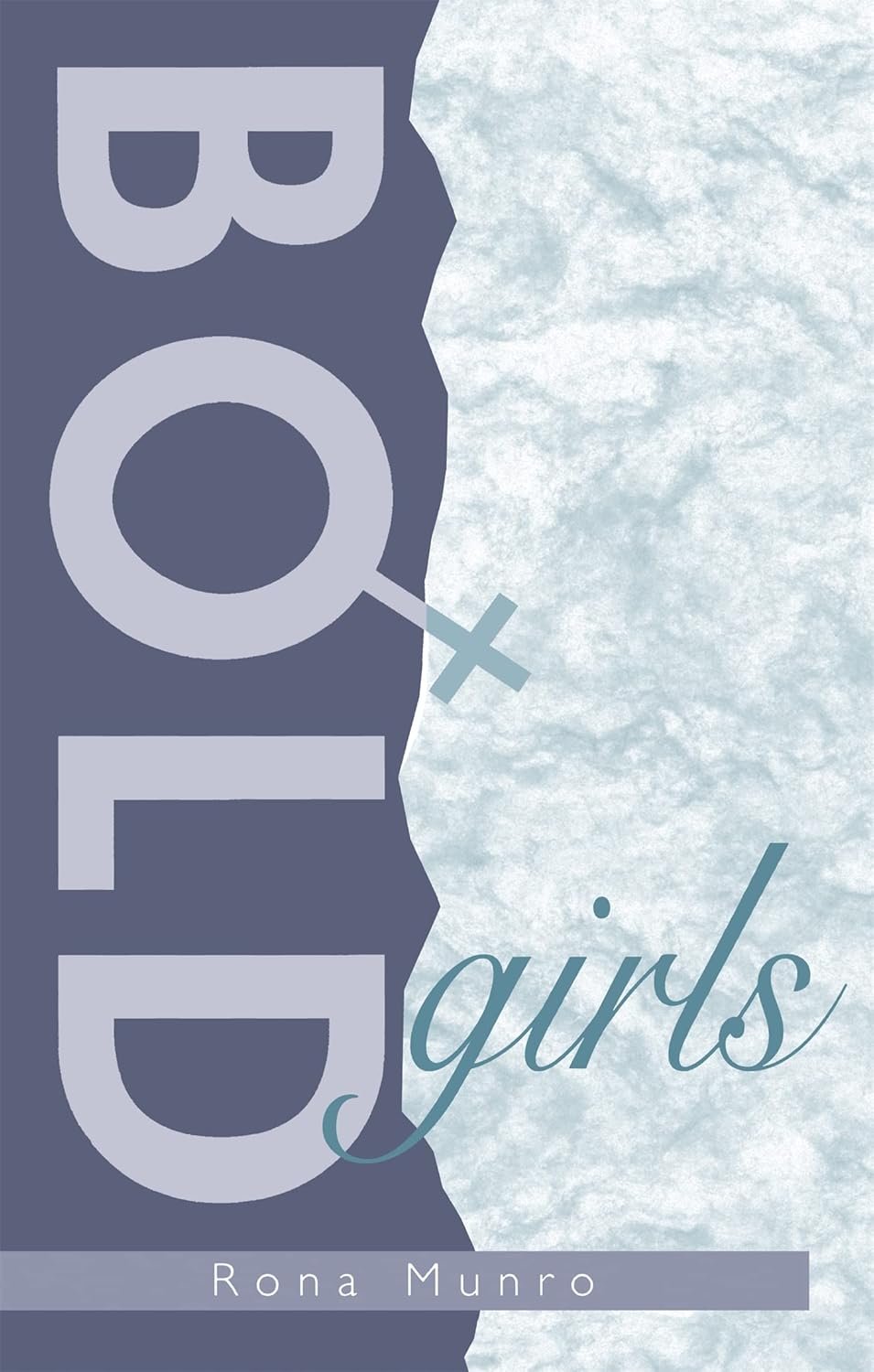Bold Girls by Rona Munro
Introduction
Rona Munro’s “Bold Girls” (1991) is a heartfelt and, at times, darkly comic portrayal of four women navigating life in war-torn Belfast. Though set in Northern Ireland, the play premiered and was embraced by Scottish theatre audiences for its insight into resilience, friendship, and the long shadows cast by conflict.
Synopsis
The action revolves around Marie, Cassie, and Nora—three women trying to get by amidst the violence and uncertainty of the Troubles. When a mysterious young woman named Deirdre appears, unspoken truths begin to surface. Through a night of confessions, confrontations, and fleeting celebrations, the women reckon with losses and the need for hope.
Key Themes
Female Solidarity: Despite underlying secrets, the women lean on each other in a turbulent environment.
War’s Impact on Daily Life: Showcases how political violence disrupts even mundane routines.
Truth and Lies: Hidden pasts and personal tragedies collide in a search for honesty and understanding.
Significance in Scottish Theatre
Although “Bold Girls” is set in Belfast, Scottish theatre-makers have long gravitated to Rona Munro’s empathetic writing and strong female leads. The play’s universal themes of resilience and unity amid conflict have made it a staple in theatres and drama classrooms alike.
Why Actors Love It
Powerful Female Roles: Each character has a distinctive voice and emotional journey.
Ensemble Chemistry: The women’s interactions demand nuanced listening and deep connection onstage.
Raw Emotions: The script balances gallows humor with heartbreak, allowing for compelling performances.

